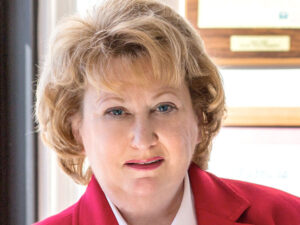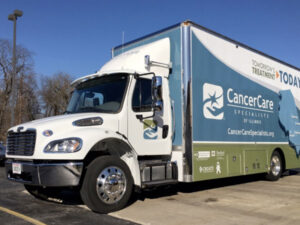In March 2020, as the scope of the coronavirus pandemic became evident, the effects of a public health crisis rippled throughout every industry and facet of daily life.
Researchers from Icahn School of Medicine at Mount Sinai was recently awarded a U54 grant ($3.9 million over the first two years as a part of a five-year research proposal) to establish a NCI/SeroNet Center for Serological Excellence at Mount Sinai with a focus on lung cancer.
One of the more complex tasks that I performed in my medical oncology practice was enrolling patients on a clinical trial.
Back in the 1960s, the American Cancer Society first began promoting the Pap smear as an effective means of cervical cancer screening. A decade later, early detection of breast cancer through mammography became mainstream.
Oncology practices face difficult challenges while delivering care in the middle of COVID-19, as they care for patients who are at higher risk for this potentially deadly disease. While there is still much to learn about how COVID-19 impacts various patient populations, early studies of COVID-19 patients with a history of cancer provide some insight.
“It's the prices, stupid,” Uwe E. Reinhardt and authors famously wrote in their 2003 article describing the cause of high health care spending in the United States.1 Since then, multiple large analyses have confirmed that the prices of labor and goods, including pharmaceuticals and administrative costs, more so than differences in utilization, are the primary drivers of high health care spending.2,3
Approximately two-thirds of the NCI Community Oncology Research Programs, serve states in which the rural population exceeds 30%.
People living in rural communities are often located far away from the major cancer centers that offer a full spectrum of treatments, including clinical trials.
In the midst of the heavy burden COVID-19 has placed on the health care system, cancer remains relentless. The already difficult journey for cancer patients has become more uncertain as the ways we provide and access healthcare have changed to accommodate measures that protect both health care providers and cancer patients from COVID-19.
As oncologists, we are all too familiar with making treatment recommendations and advising on end-of-life care in the absence of robust data. In ethical conundrums, we rely on guidance from our colleagues in the field, institutions, and national/international leadership bodies.













